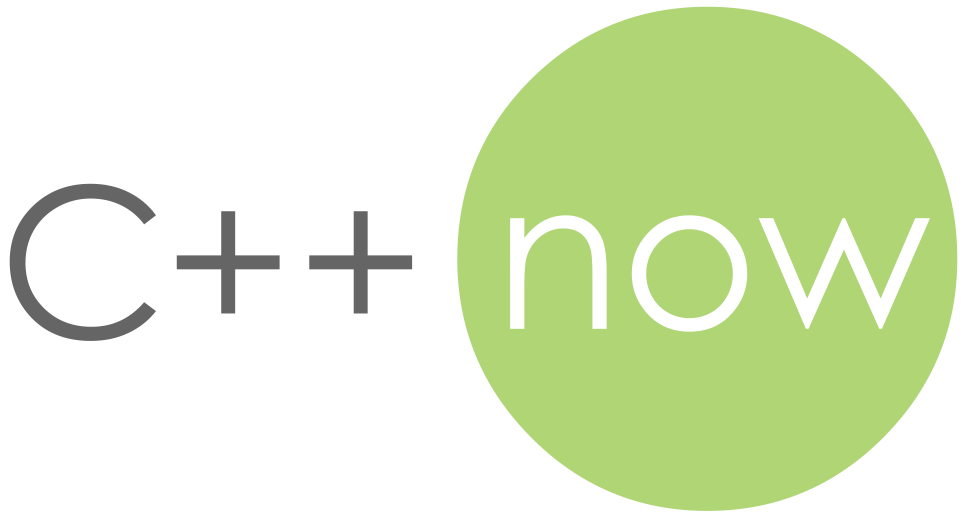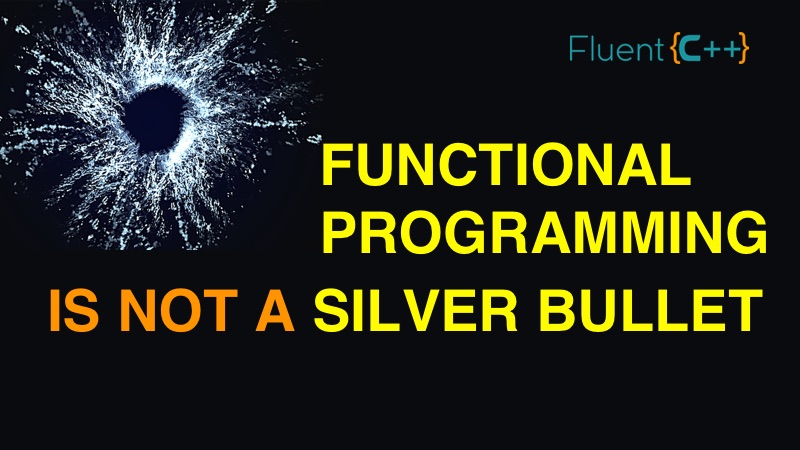Benchmarking C++, From video games to algorithmic trading - Alexander Radchenko - Meeting C++ 2018
A great talk on Benchmarking C++ in different domains
Benchmarking C++, From video games to algorithmic trading
by Alexander Radchenko
March 11-13, Online
March 16-18, Madrid, Spain
March 23-28, Croydon, London, UK
March 30, Kortrijk, Belgium
May 4-8, Aspen, CO, USA
May 4-8, Toronto, Canada
June 8 to 13, Brno, Czechia
June 17-20, Folkestone, UK
September 12-18, Aurora, CO, USA
November 6-8, Berlin, Germany
November 16-21, Búzios, Rio De Janeiro, Brazil
By Meeting C++ | Jan 27, 2019 09:53 AM | Tags: performance meetingcpp intermediate gamedev community benchmarking benchmark advanced
A great talk on Benchmarking C++ in different domains
Benchmarking C++, From video games to algorithmic trading
by Alexander Radchenko
By Marco Arena | Jan 27, 2019 05:40 AM | Tags: community
I am very happy to announce the 4th edition of the Italian C++ Conference, the biggest annual conference about C++ development in Italy.
When: June 15, 2019
Where: Milan (Politecnico di Milano)
Website: https://italiancpp.org/itcppcon19
I am very excited to have Andrei Alexandrescu as keynote speaker this year!
The call for sessions is open until Feb 28:
One track will be entirely in English.
The event is totally not-for-profit so we are looking for sponsors. For more information, please get in touch by sending an email to info [at] italiancpp [dot] org.
By Jon Kalb | Jan 24, 2019 12:06 AM | Tags: community c++now boost
C++Now 2019 will be held in Aspen, May 6–1, 2019.
C++Now 2019 Registration is Open
From the announcement:
The eighth annual C++Now Conference will be held at the Aspen Center for Physics in Aspen, Colorado, May 5th to 10th, 2019.
We expect C++Now to sell out again. Register immediately so you won’t miss out.
By Adrien Hamelin | Jan 17, 2019 01:24 PM | Tags: intermediate community
In one word.
The pImpl Idiom
by Arne Mertz
From the article:
The pImpl idiom is a useful idiom in C++ to reduce compile-time dependencies. Here is a quick overview of what to keep in mind when we implement and use it...
By Meeting C++ | Jan 14, 2019 08:41 AM | Tags: performance meetingcpp experimental efficiency community c++17 c++14 c++11 advanced
Nicolai Josuttis gave a fantastic closing keynote at Meeting C++ 2018
50 shades of C++
by Nicolai Josuttis
By Meeting C++ | Jan 13, 2019 12:18 PM | Tags: meetingcpp intermediate experimental community advanced
The Center Keynote by Lisa Lippincott from Meeting C++ 2018
The Truth of a Procedure
by Lisa Lippincott
By Adrien Hamelin | Jan 7, 2019 12:12 PM | Tags: intermediate community
 Nothing is perfect.
Nothing is perfect.
Functional Programming Is Not a Silver Bullet
by Jonathan Boccara
From the article:
The past few years have seen a boost in popularity of the functional programming paradigm. Languages that were used mostly in academic circles for decades are now in broader use amongst programmers. And every couple of months, another functional language hits the news and gets its trail of followers.
Why is that? Functional programming allow for safer and more robust code, in part due to one of its core principles: values are not mutable. A consequence of this is that there is no side effects. We can apply this principle in any language, including in C++, by coding with the least side effects possible.
While it certainly helps putting together a better design of code, it’s important to realize that it’s not the panacea, that this principle doesn’t solve in itself all design issues. Nothing is the panacea anyway, but in this time of gold rush towards functional programming, we could be tricked into thinking it will automatically lead to good design.
Functional programming is known to reduce coupling in code. We’ll briefly go over what coupling is, what sort of coupling functional programming prevents, and how some other dangerous forms of coupling can still sneak in even with functional programming. You want to pay attention to those to preserve the design of your code...
By Adrien Hamelin | Jan 7, 2019 12:10 PM | Tags: community
You can also do it!
Getting You There - Your C++ Standardization Efforts in 2019
by JeanHeyd Meneide
From the article:
If you’re facing Financial Hardship, are a student, are self-employed, and have written a proposal that the chairs of the C++ Standardization Groups (Library Evolution, Evolution, Core, Library, Parallelism/Concurrency, and similar study groups) deem necessary to help move the language forward (in large or small ways), you can apply for Grant Assistance from the C++ Standards Foundation. If you have an employer but that employer will not cover the full cost, you have papers to present (yours or on behalf of others) and similar, you can apply for Travel Assistance.
I will talk about Travel Assistance, because that is what I have applied for and successfully received. A huge thanks to the Standard C++ Foundation for making something like this available! I can only hope that my work will continue to be things that they need, and that I can continue to write papers and do work on behalf of the C++ Community to move our various industries forward...
By Adrien Hamelin | Jan 7, 2019 12:01 PM | Tags: community
New way to program?
REPL (Read-Eval-Print-Loop) in C++: hands-on session
by Pascal Thomet
From the article:
A Read-Eval-Print-Loop (REPL) enables to leverage very rapid and robust application development, prototyping and testing. This kind of development environment originates from the early days of functional programming (Lisp machines and the like), and is common in functional and scripting languages.
As a compiled language, C++ was out of the loop for a long time...
By Adrien Hamelin | Jan 4, 2019 02:56 PM | Tags: community
Simple indeed.
A Simple Timer in C++
by Jonathan Boccara
From the article:
Some languages, such as JavaScript or Visual Basic, offer the feature of a timer, that is to say an object that calls some code at defined intervals. At the time of this writing (C++17) and to my knowledge, C++ doesn’t offer such a feature...